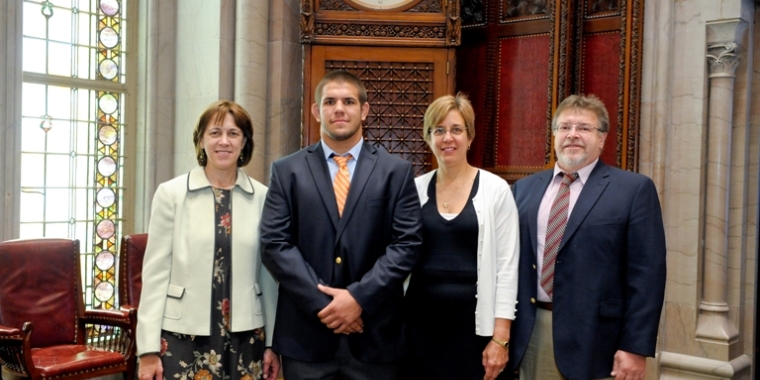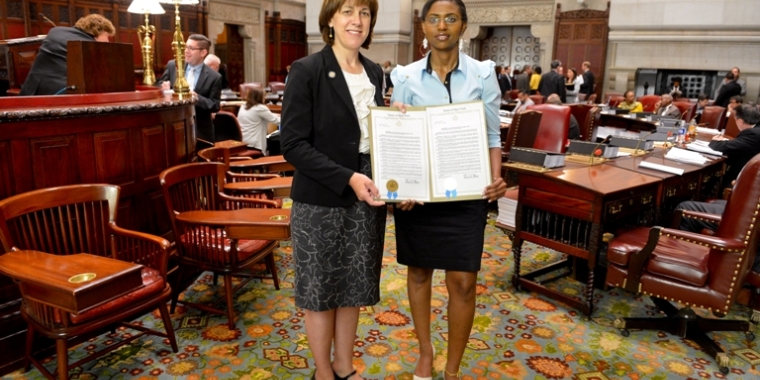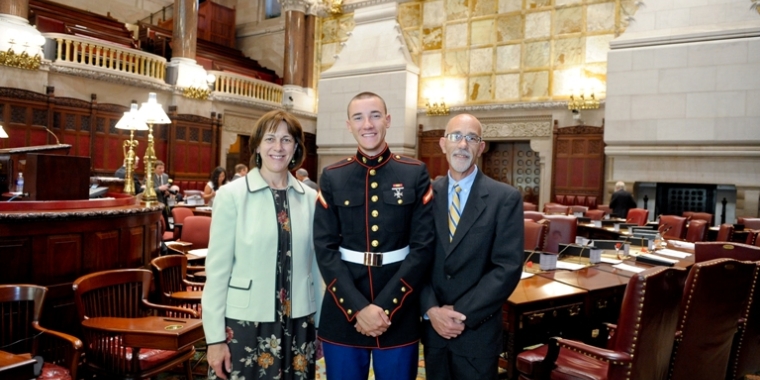
Times Union: Tax relief option after the flood
Localities, including Fort Plain, can decide to join program for distressed properties
By Jordan Carleo-Evangelist
Times Union
Montgomery and Herkimer County property owners whose homes and businesses were damaged by severe flooding in the Fort Plain area last summer may be headed for a past-due tax break.
The $138 billion state budget signed Tuesday by Gov. Andrew Cuomo includes language allowing communities in the two local counties — and select others elsewhere in the state — to retroactively adjust the property tax assessments for buildings seriously damaged when heavy rains sent the Otsquago Creek surging through the village in June.
In some cases, homes and business owners were still on the hook for taxes owed on buildings that were destroyed or nearly destroyed by the deluge that smashed bridges and swept one woman to her death.
Without requiring them to do so, the legislation permits cities, towns and villages to drop assessments retroactive to June 20 on a sliding scale proportional to the damage the properties sustained and then rebate or credit the difference in taxes already paid by the owners since the storms.
"Families are trying to get their lives back together," said Assemblyman Angelo Santabarbara, a Rotterdam Democrat who sponsored the bill eventually folded into this week's budget agreement. "The last thing we want to do is hit them with a tax bill for a home that may not even be there anymore."
State Sen. Cecilia Tkaczyk's office said as many 250 buildings in the village of Fort Plain alone were damaged. Tkaczyk, a Duanesburg Democrat, sponsored a companion bill in the Senate and chastised her colleagues for not returning to Albany last fall to take it up sooner.
While Fort Plain Mayor Guy Barton said he was unfamiliar with the details of how the system would work, he said residents of the village would no doubt welcome any extra money in their pockets as they continue to rebuild.
"We're getting back on our feet," Barton said, adding that between eight and 10 buildings in the village about 60 miles northwest of Albany are slated for demolition. "It would be a benefit to the people that own property. ... It will help them to finish up whatever additional work has to be done to them."
But in order for homeowners to be eligible, municipal and school district leaders will have to vote within 45 days to participate in the program — an opt-in clause that both Santabarbara and Tkaczyk stressed does not force any financial obligation on local governments.
"At least this puts the structure in place and gives them the option to do it," Tkaczyk said.
The legislation does not spell out exactly how communities that do opt in should finance the rebates, though it empowers them to borrow to do so as long as they pledge to back the debt with federal community development money they receive.
Tkaczyk, a former Duanesburg school board member who saw similar problems in the wake of Tropical Storm Irene in 2011, said she also insisted on a provision that protects school districts from any loss of state aid that might result from the reduced assessments.



